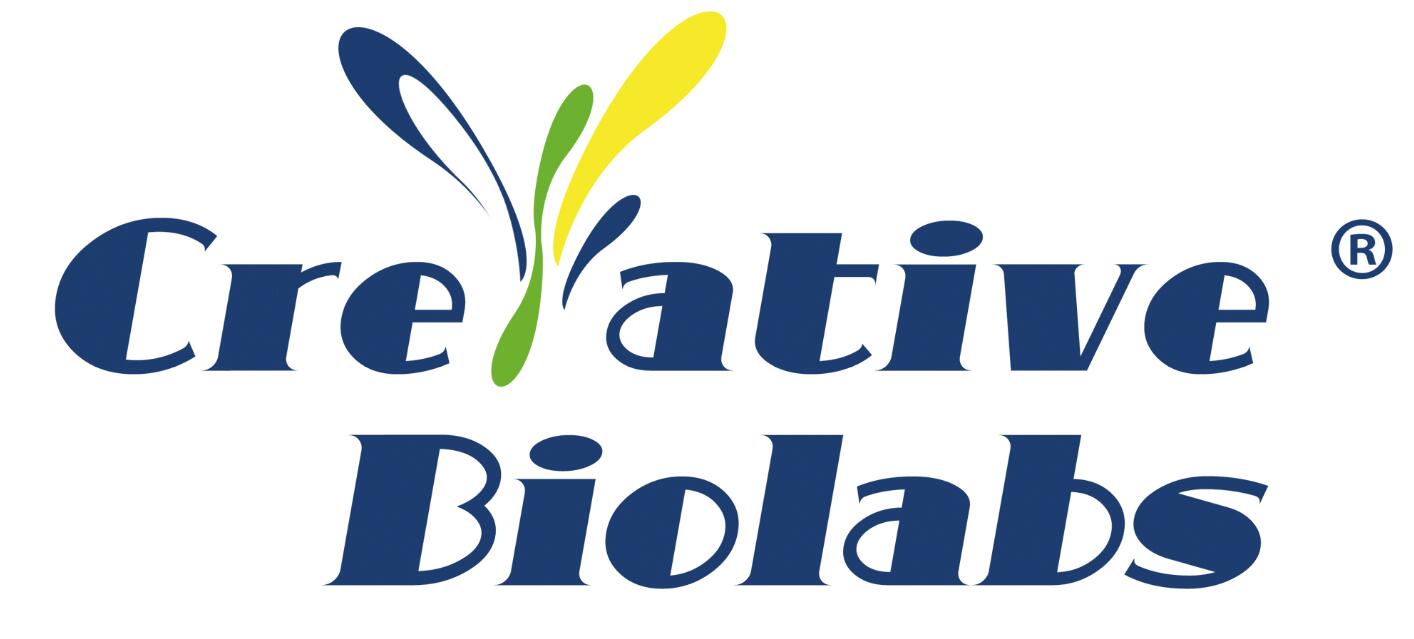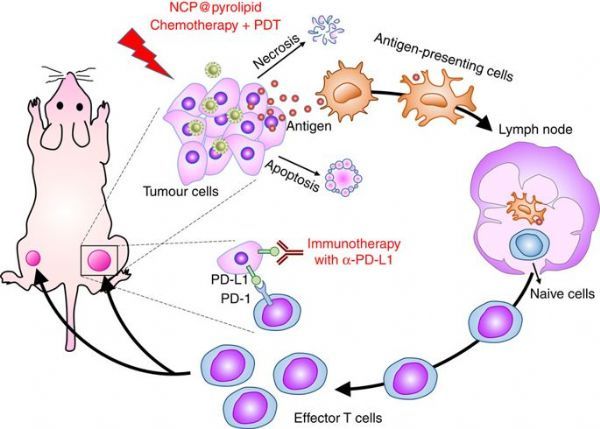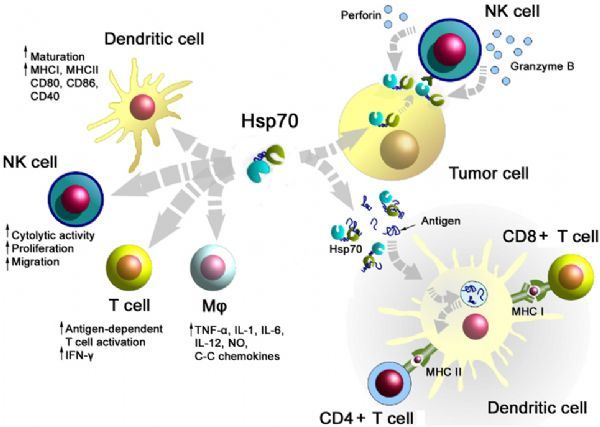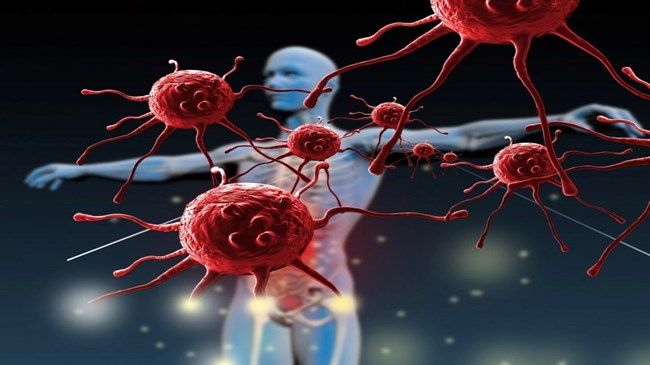The high cost of cancer drugs makes it difficult for public and private health care systems to provide patients with up-to-date treatment. If this trend continues, it will be increasingly difficult for patients to obtain basic cancer treatment, not to mention a new generation of immunotherapeutic drugs.
Immunotherapy is a treatment that targets or manipulates the immune system to fight disease without harming normal cells.
At present, there are mainly five kinds of immunotherapy, including:
Cancer vaccine: this is a collection of immune cells that can be used to treat or prevent cancer. Many vaccines are “autologous”, that is, they are extracted from the patient’s own body, so they are specific to the patient.
Cytokine immunotherapy: cytokines can be used to treat cancer. Cytokines are proteins produced by immune cells that signal other immune cells to kill cancer cells.
Antibody-based therapy: it represents the largest category of approved immunotherapy and is the main research direction. Antibodies are proteins produced by immune cells that recognize pathogens and trigger a response to eradicate diseased cells or pathogenic factors. Antibodies are like puzzles. Only antibodies with specific shapes can fit the “cancer mystery.” The ability of antibodies to recognize different cells and diseases is the basis of antibody-based immunotherapy. Current research includes the addition of an optical detector to antibodies. This allows us to see the location of cancer cells in the tissues of cancer patients. We can characterize different types of cancer cells by adding different color detectable reagents to different antibodies. Antibody-drug conjugates are then formed to deliver the drugs directly to cancer patients without harming healthy cells.
Immune checkpoint inhibitors: they are essentially antibodies to specific proteins on tumor cells or T cells. These proteins usually send inhibitory signals from cancer cells to T cells, causing T cells to inactivate. By interfering with this signal, immune checkpoint inhibitors can activate T cells and kill tumor cells.
Adoptive cell therapy: including the popular CAR-T cell therapy, which enhances the natural ability of T cells to fight cancer. CAR-T cells are T cells taken from patients and modified to form a cancer-specific targeting ability that enables T cells to target cancer directly when the cancer enters the patient again.
Preliminary studies from around the world have shown that immunotherapy for cancer is less toxic than traditional treatments such as chemotherapy and radiotherapy. This means that immunotherapy can improve the quality of life of patients. Immunotherapy is effective, safe, and relatively easy to manufacture. But they are not an independent magic drug that can end cancer. A multi-pronged approach, including a combination of optimal treatments, is the next generation of cancer treatment strategies and may provide a treatment.



